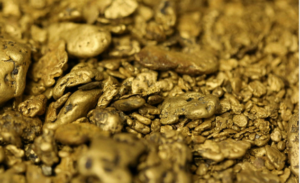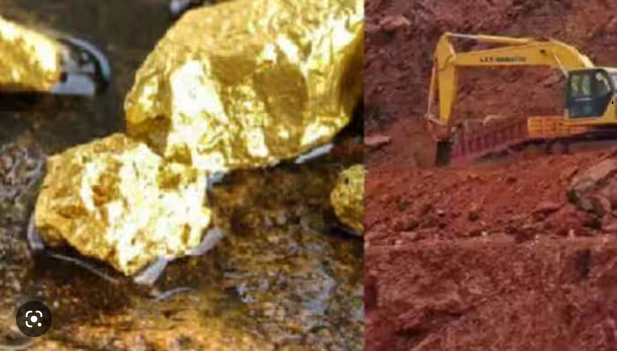On Monday, 27th February the state parliament was informed about the discovery of gold mines by Steel and Mines Minister Prafulla Malik. This discovery came as a surprise for the residents of Keonjhar, Mayurbhanj, and Deogarh. As per news this is not the first time the government has to retrieve gold from this area, there was a survey conducted in the 1970s -1980s, this was the second study conducted by the Geological Survey of India using up-to-date technologies.

The discovery of these gold mines is going to have a major effect on the economy and socio-economic development. It is going to bring foreign direct investment and tax revenues to the country, investments in infrastructure and utilities. Gold imports are going to have direct impact on India’s current account deficit(CAD).
Value is created and distributed in many ways, including through employment, local procurement, tax revenues, enhanced infrastructure and better access to healthcare and education. India has one of the largest markets of gold and growing is affluences is driving growth and demand. Gold has a central role in the country’s culture, considered as a store of value, as a symbol of wealth and status.

There are many effects on the environment as per the CCNM Global Forum on International Investment Conference on Foreign Direct Investment and the Environment, 7-8 February 2002. The different ways mining affects the environment. Surface mines produces dust from blasting operations and haul roads, it affects the air in that area. Mining takes sulphide-containing minerals into the air, where they oxidize and react with water forming sulphuric acid. Underground mining is way more dangerous than surface mining, problems of poor ventilation, visibility and danger of rockfalling.




